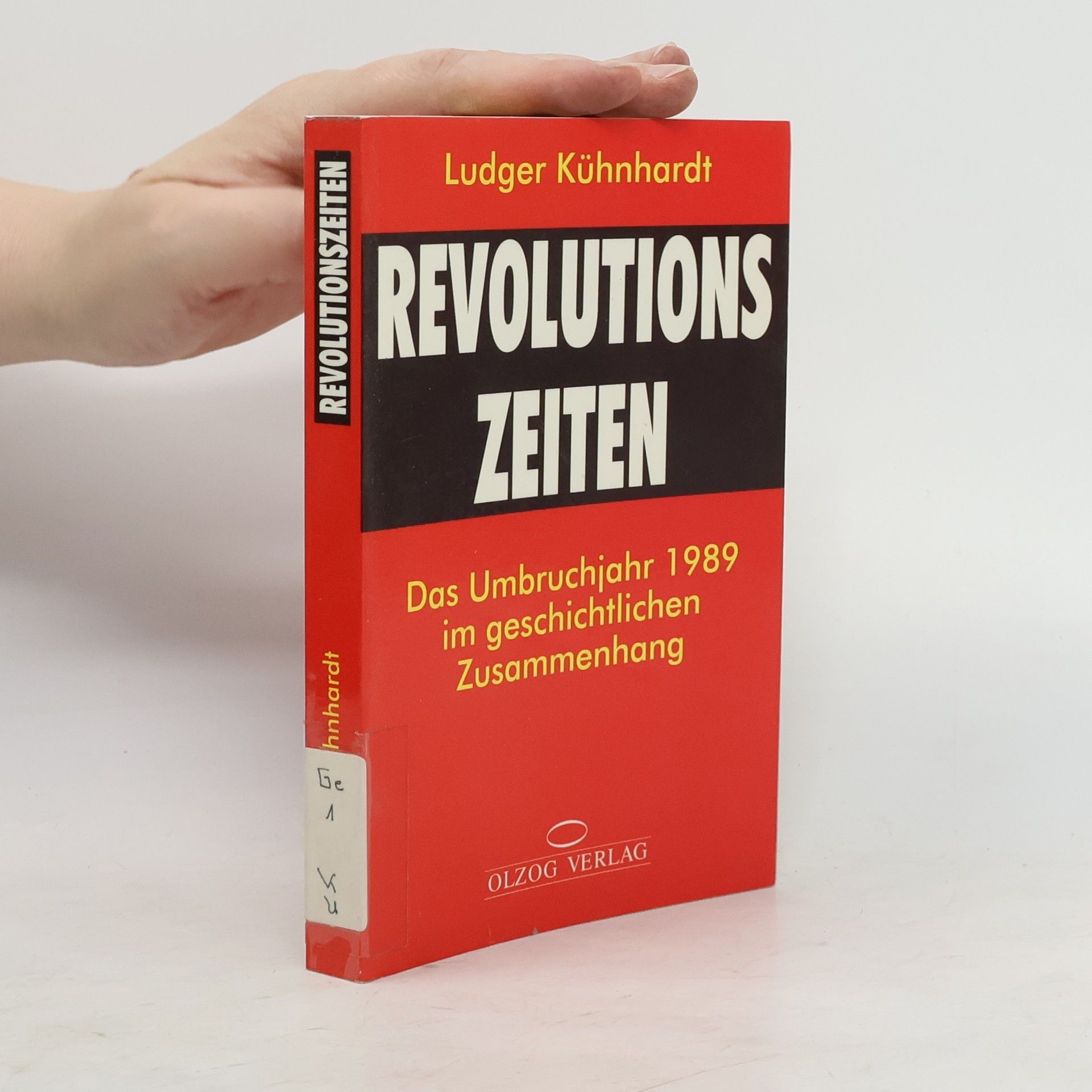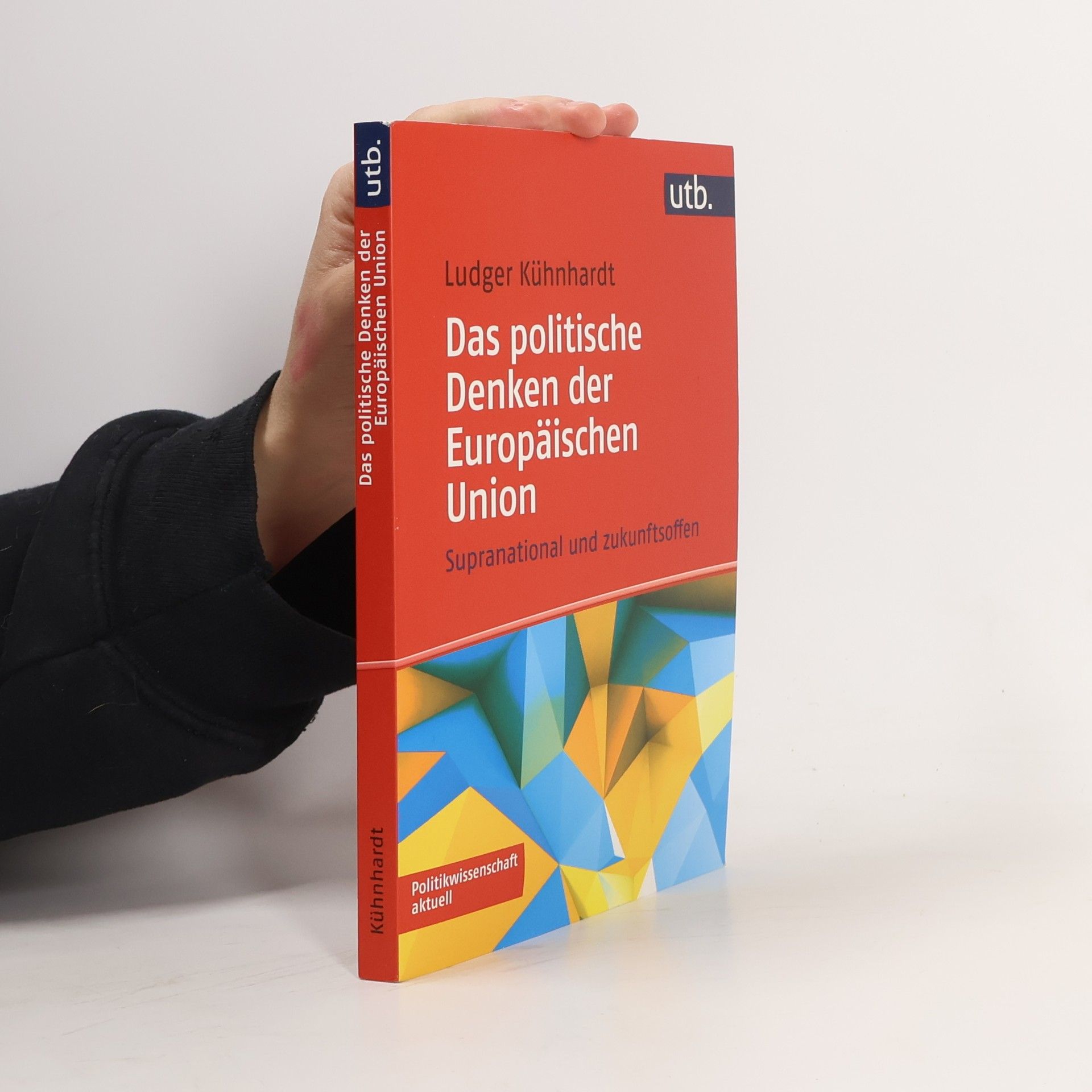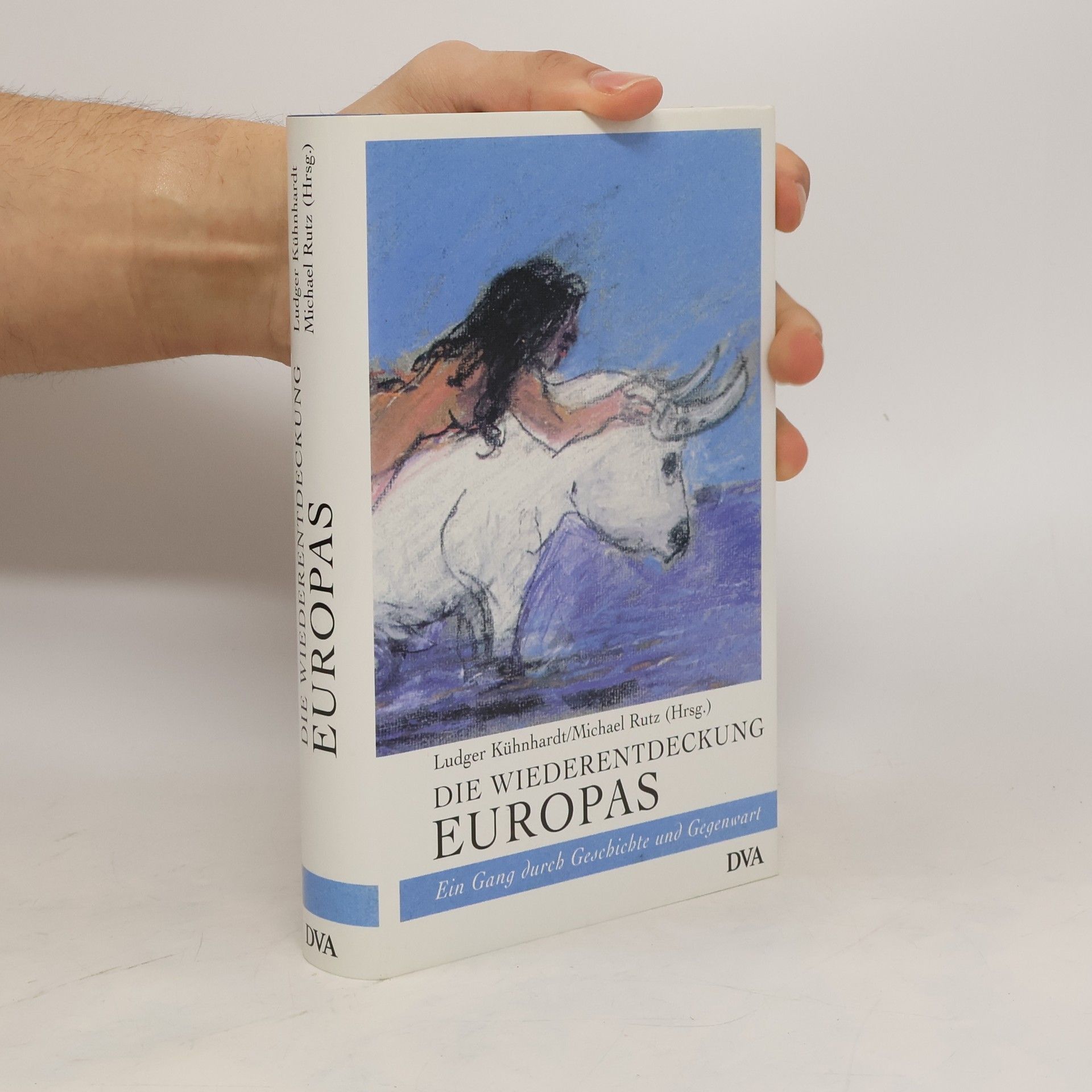Connected Worlds
Notes from 235 Countries and Territories - Volume 2 (2000-2020)
- 916 pages
- 33 hours of reading
Ludger Kühnhardt's diary captures his personal impressions and experiences from visits to 235 countries over six decades, highlighting the interplay between Europe's changes and the evolving global landscape from 1960 to 2020. As a political scientist and journalist, he provides a unique perspective on international relations and cultural encounters, illustrating how historical events shaped the modern world, especially in the context of the post-Corona era.




